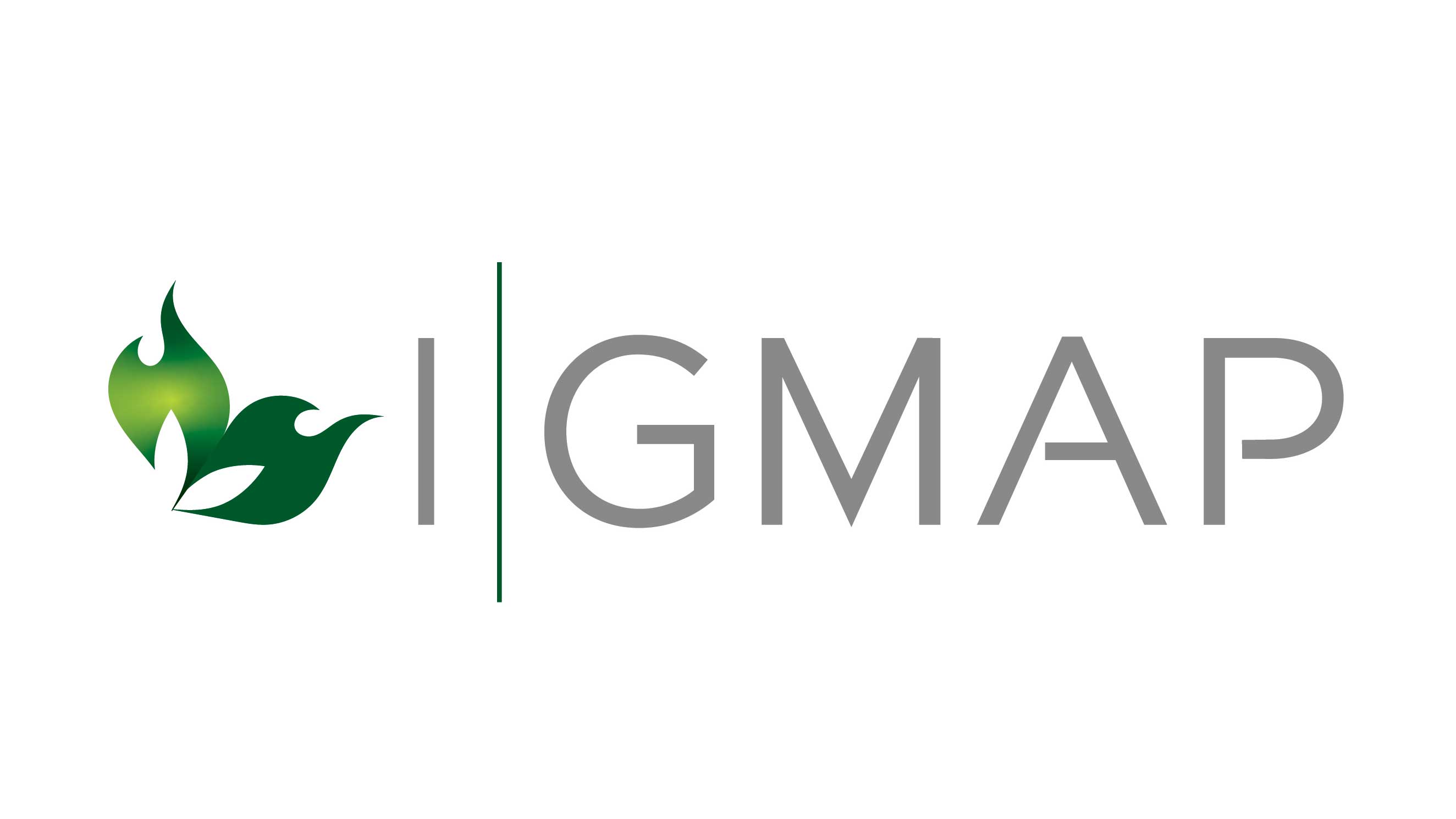I-GMAP will take the lead on re-envisioning the study of and reporting about national and other mechanisms of prevention. The Institute is beginning to assess research opportunities, tools and methods to expand upon the foundation that the Auschwitz Institute for the Prevention of Genocide and Mass Atrocities (AIPG) has developed over the past eight years in their reporting initiative on national mechanisms.
I-GMAP plans several changes. These will come through the establishment of the Mechanisms for Atrocity Prevention (MAP) Project. In lieu of focusing solely on national mechanisms, the MAP Project will also examine international and regional mechanisms, local or subnational mechanisms, as well as mechanisms that exist in civil society and the private sector. Including these other types of mechanisms in the scope of analysis offers the ability to compare, contrast, and evaluate the effectiveness of a variety of “whole-of-society” approaches to prevention.
I-GMAP envisions that in place of an annual booklet, the MAP project will produce a semi-annual policy paper series. This series will be created for general release and distribution throughout both the community of atrocity prevention practitioners in both state and civil society as well as interested academic researchers. The policy papers will focus on significant advances or setbacks of the national mechanisms when such developments warrant attention and reporting for the field.
I-GMAP’s new MAP Project will utilize dynamic research teams that will be spearheaded by its directors, affiliated faculty, and resident practitioners, alongside students in I-GMAP’s innovative academic programs. The MAP Project is initially envisioned to focus on particular countries, regions, and populations. For example, MAP projects teams may examine specific mechanisms for atrocity prevention related to indigenous communities, LGBTQI+ populations, or the ongoing international legal cases related to Myanmar and the Rohingya community. The resulting findings and recommendations will be disseminated via evidence-based policy briefs and other public-facing resources available on I-GMAP’s website and other university platforms.
I-GMAP looks forward to continuing our close collaboration with AIPG and other organizations dedicated to the prevention of mass atrocities in developing these policy briefs. If your organization would like to collaborate with I-GMAP, please be in contact with us and we will be happy to explore options for possible partnerships.
Submissions from 2021
Mechanisms of atrocity prevention policy brief on gender mainstreaming, Darcie DeAngelo
Expanding the ranks of atrocity prevention: bringing a prevention lens to professional graduate education, Nadia Rubaii, Stephanie Wright, and Sarah Prentice



